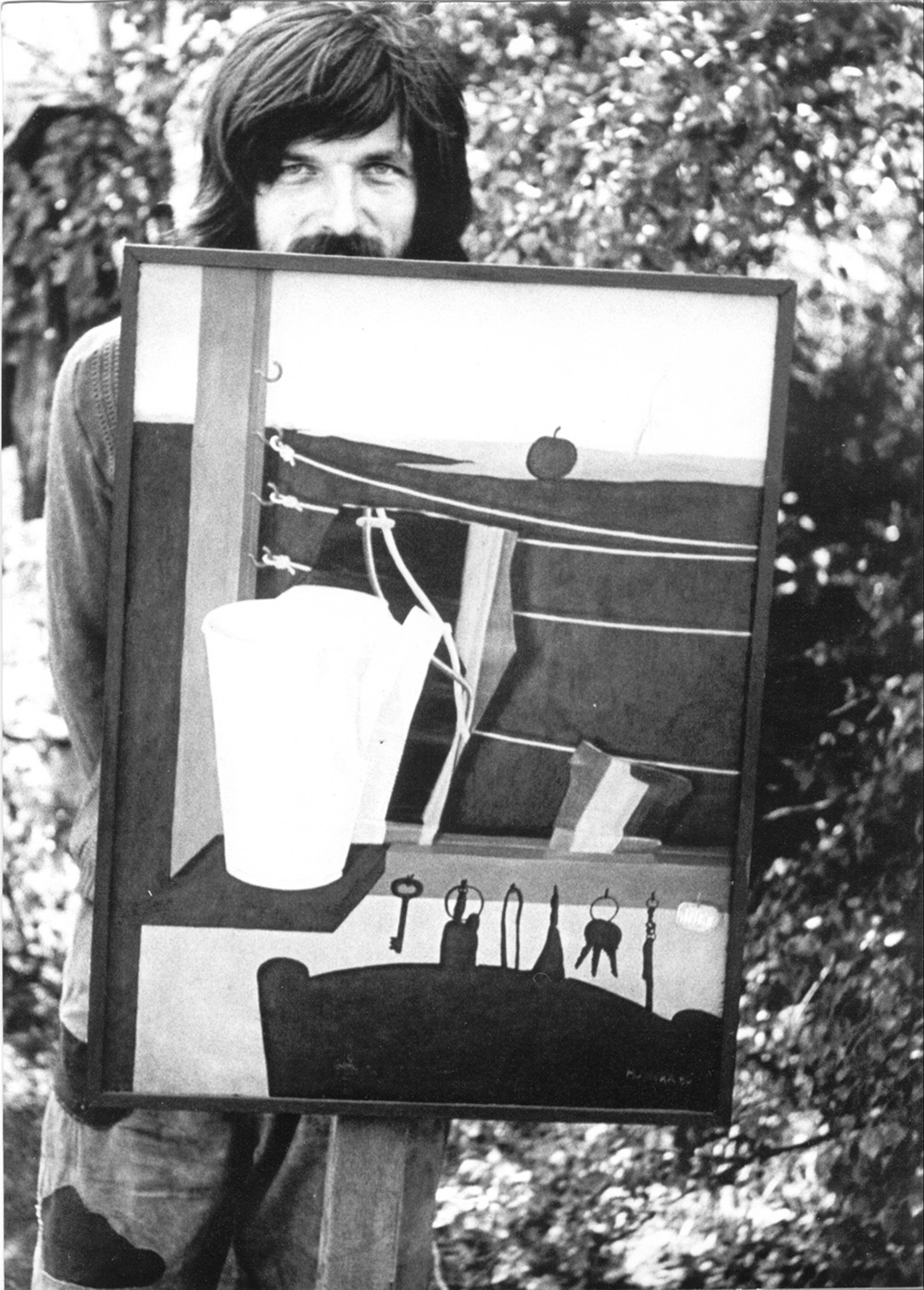No matter what was happening, painting was a source of joy in my life

Stáhnout obrázek
Vladimír Muzička was born on July 22, 1953 in Duchcov in northern Bohemia. His mother, who was a Russian, had been taken by Germans to work there in a labour camp. Vladimír‘s father was helping her to survive in the harsh conditions during the war. They married after the war and their sons Miloslav and Vladimír were born. Vladimír spent his childhood outdoors - and the start of school and May Day parades thus proved a great shock to him. He and his parents had great expectations during the political thaw in the 1960s and the events of August 1968 were a terrible disappointment for them. Vladimír was watching the tanks passing by and he way crying. Shortly after, in September 1968, he began his study at the secondary technical school of electrical engineering in Chomutov, where a tense atmosphere of student protests prevailed. He felt deeply touched by the self-immolation of Jan Palach. Vladimír decided to oppose the regime no matter the consequences. During the normalization period, he and several of his friends refused to join the Socialist Youth Union. In 1971 he began painting, with surrealism and informel being his principal sources of inspiration, and together with his friends they were exhibiting their paintings in the chateau in Duchcov. In 1973 he married Bohumila Kubíková and they had a son, but they divorced after Vladimír‘s return from the military service. During his military service he spent 30 days in prison, because he openly spoke with his commander about living in an occupied country. Vladimír signed Charter 77 in February 1977. He was immediately fired from his job in the culture centre in Bílina and the authorities forbade him to exhibit his paintings. He moved to the Šluknov Hook where he then worked as a wood-cutter. He met his second wife Olga Nikitinová there, and they had four sons. They purchased an old farm in Křečany where they lived until 1985. He and his friends were organizing illegal exhibitions there, which were attended by a number of people from the underground movement. Vladimír was baptized and joined the Christian community in 1981. During the 1970s and 1980s he was summoned for interrogations many times. During the Velvet Revolution he was one of the co-founders of the Civic Forum in Duchcov. After the Velvet Revolution he served as the vice-mayor of Zabružany for two years. He is still active as a painter and he exhibits his works.

